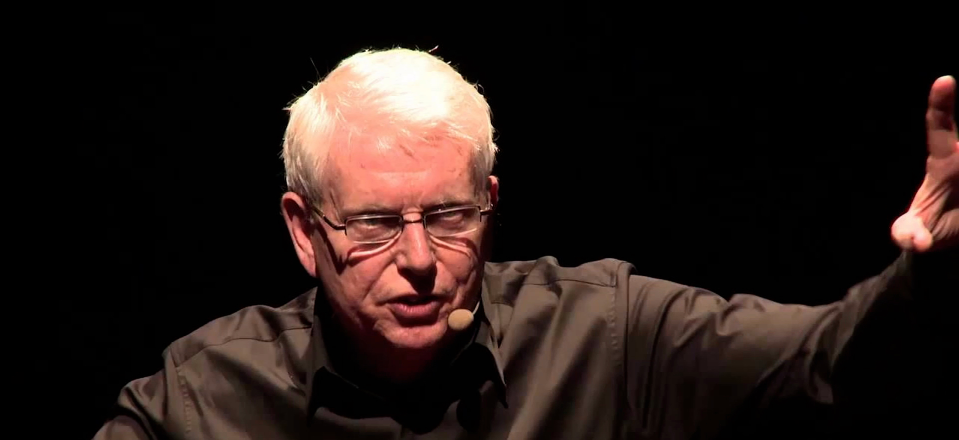
I recently had the privilege of engaging in a thought-provoking podcast conversation with two German philosophers on the profound philosophy of work. Our discussion covered a wide range of topics, including my military background, the history and invention of Scrum, and the remarkable rise of Agile development, which has now become the go-to methodology for an impressive 88% of companies.
In our exploration of contemporary institutions, it became evident that Modernity often fosters organizational irresponsibility. However, amidst the shadows, a revolution has quietly taken place, granting individuals the freedom to break free from being mere cogs in a machine. Instead, they now have the opportunity to work in small, highly agile groups, taking full responsibility for the efficiency and quality of their products.
The inspiration for this movement can be traced back to the ingenious Toyota Production System of Teamwork (TPS) developed by the visionary Japanese engineer, Taiichi Ohno. It was here that the seeds of Agile thinking were sown. I was the mastermind behind the Agile Manifesto (co-authored with Ken Schwaber in 2001 and 15 other agile experts) and became the driving force behind this revolutionary project management style that has permeated all facets of life.
My journey to Agile excellence is a captivating tale. As a West Point graduate, I flew reconnaissance missions over enemy territory during the Vietnam War, witnessing the sacrifice of fellow pilots. Later, as a young statistician in Radiology, I found myself immersed in cancer cell research, an unexpected turn of events that ultimately propelled me into the financial industry. Here, I encountered the pitfalls of a rigid top-down, hierarchical management style, which fueled the birth of my revolutionary idea: Scrum.
At the core of Scrum is the notion of small groups of people working together, much like a finely tuned Rugby team, forging seamless interactions and arriving at decisions in the spirit of unified agreement. This collaborative process creates a step-by-step efficiency that defies conventional norms and stands as a testament to the brilliance of Agile thinking.
The widespread adoption of Agile in the modern working world and the startup arena comes as no surprise. Its success lies in the fact that it transcends rigid methodologies, instead embracing the concept of controlled chaos – a highly unconventional spirit that unleashes creativity and innovation.
During my engaging interview with Ex Nihilo, Martin Burkhardt notes, “I had the pleasure of sharing the enthralling story of this revolutionary movement – a movement that remains firmly on course, driven by the indomitable energy of an 82-year-old Jeff Sutherland.”
If you’re intrigued by the philosophy of work, the history of Scrum, and the transformative power of Agile, I invite you to listen to the full podcast here. It is a story of empowerment, creativity, and a testament to the power of ideas that change the world.
Stay tuned for more updates and insights on my blog at jvsmanagement.com, where I will delve deeper into the philosophy of work and the principles that have shaped the Agile revolution. Together, we can embrace the spirit of Agile and unlock our true potential in the ever-evolving world of work.


